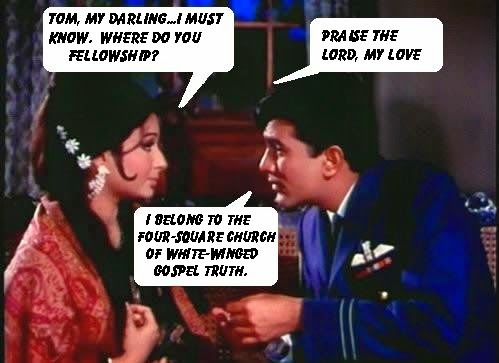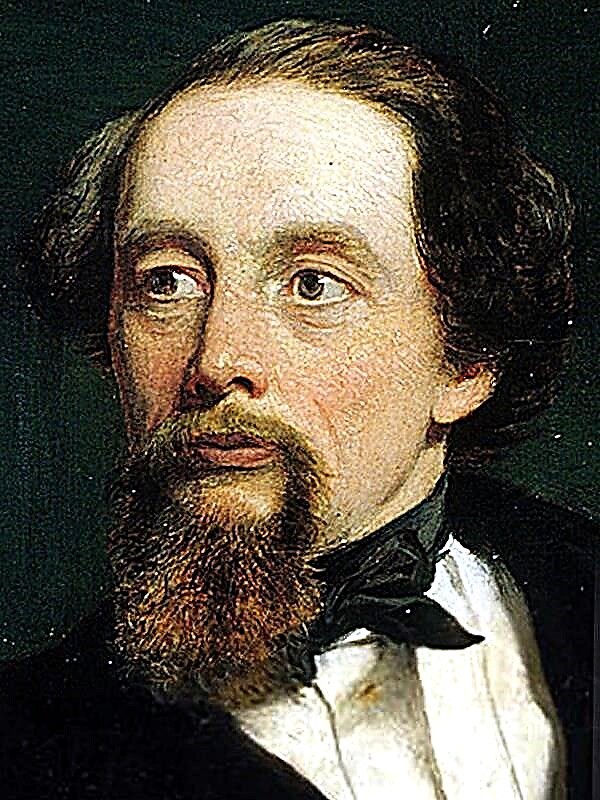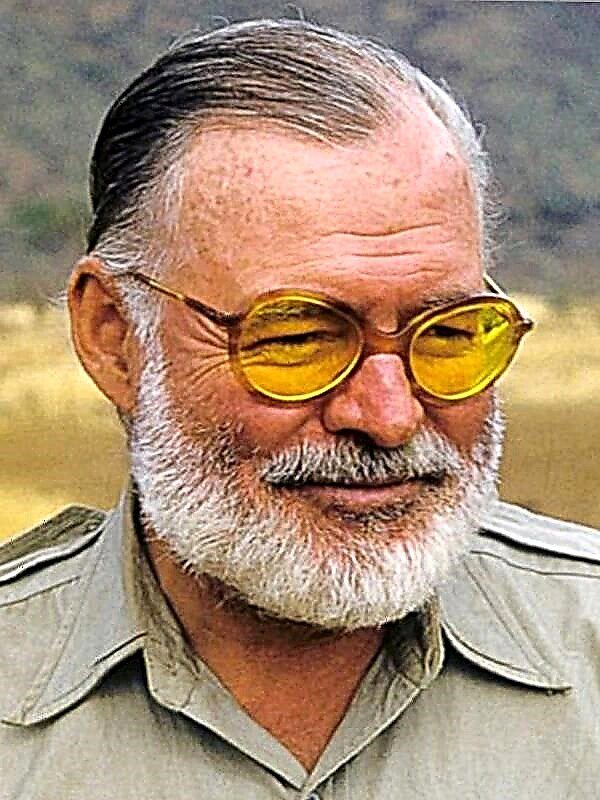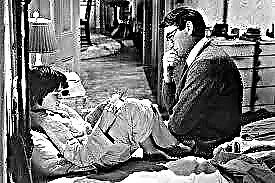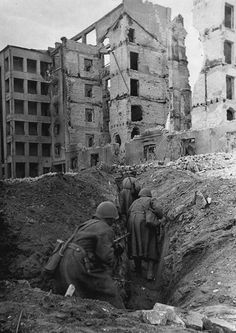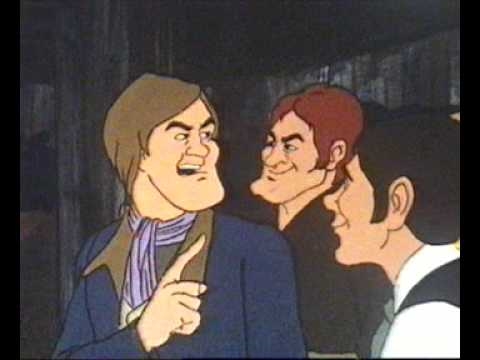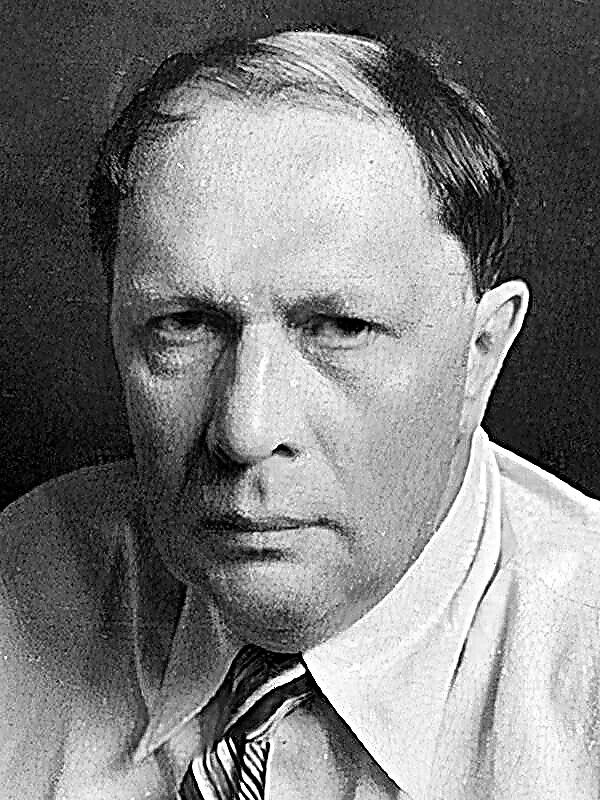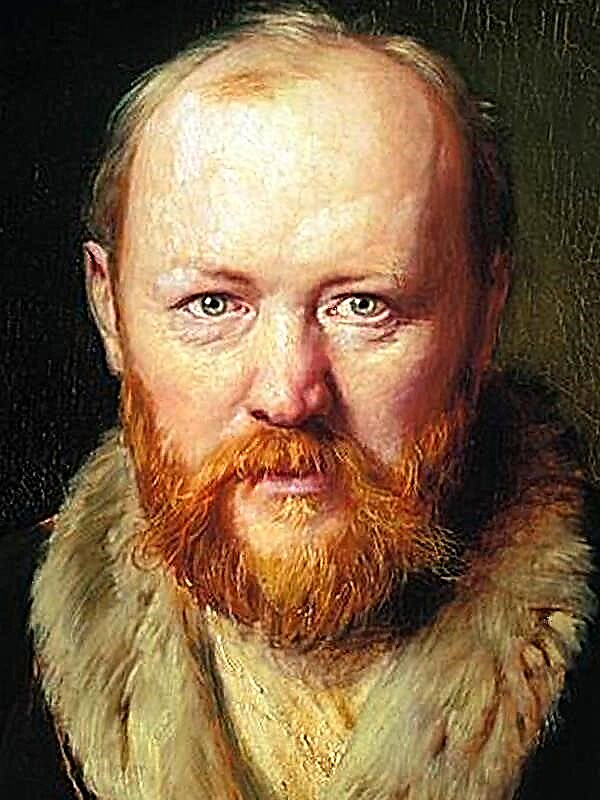The love of nature, the native land greatly affected all the works created by the writer: landscape descriptions of nature and Russian villages amaze the reader’s imagination, clearly painting the scene of the action. But not only this famous creations of the writer. The eternal values of mankind that Paustovsky invested in his works will teach to value virtue, devotion, friendship and honesty, both young readers and adults. Many of them were considered by the writer in the fairy tale "Warm Bread", which the author wrote after the war, in 1954. Its plot, which includes the main events from the book, was described by the Literaguru team in this article.
(618 words) Once, when cavalrymen passed through the village of Berezhki, a shell exploded next to them and wounded the commander's horse. The faithful animal had to be left, and the detachment moved on.
The old miller Pankrat, whom the local children considered a sorcerer, took the horse to him and went out. Due to malfunction of the mill, Pankrat was not engaged in the production of flour at all, but in the repair of the dam. In this case, after recovery, the horse began to help him.
It was difficult for the poor miller to feed his pet alone, and the stallion began to walk around the village and beg for food: he would stand, trample, and you look, someone would come out with food. Everyone considered it their social duty to feed him, since the horse was common.
The winter that covered the village was warm: the water at the mill tray did not freeze. This was in the hands of the inhabitants, who had two or three days of bread left, because old Pankrat had repaired the mill and was about to begin grinding bread soon.
One of these days the horse came up to fight to one house in which Filka lived. The boy had the nickname “Well, you!”, Because he briefly answered this phrase with all the offers to walk or abuse his grandmother. Seeing the horse, the hero idly went out into the street. The animal, in turn, reached for bread, so comfortably located in the boy’s hand. But in response to this, the man hit the horse on the lips and threw the piece far into the snowdrift, shouting, they say, go and dig it out. A tear rolled down from the eyes of the animal, and at that very moment an unprecedented snowstorm rose. In this impenetrable shroud of snow of enormous effort, it was worth Filka to find the porch.
Only in the evening, the misfortune that attacked did not begin to subside, and only then did Granny Filka manage to return home. She, crying, told the boy that there was not enough food left, and the wells, most likely, had already frozen, and their death was waiting for them. Then she told him the story that such a thing had happened to their village because of the anger of people. Once a soldier passed through their village and asked for bread from the owner of one of the houses. In response to this, the man threw a stale crust under his feet and said that if he was hungry, he would raise it. The soldier was with one leg, and instead of a second - a piece of wood, but, having somehow contemplated, he raised the handout, and when he saw that it was all green and covered with mold, he whistled. A blizzard rose immediately, then frost. And that greedy master died from the cold.
The only thing that remains to be hoped for is that the person who committed the atrocity will atone for his guilt. And she knows how to do it - Pankrat.
Having learned this, Filka goes to the mill at night. There he meets Pankrat and tells him everything about the incident of the day. The old man listens to him and says that it is necessary to come up with his salvation from frost and hunger. At that time, a magpie overheard them got out of the house and flew south. The boy comes up with a plan to save the village: at dawn, he will try to collect the guys from all over the district, and they will go to break the ice at the mill tray, until they dig it into the water, the miller starts the mill and prepares the flour.
From dawn until the evening, the old people worked, whom Pankrat and the guys with Filka called. The warm wind that blew in the afternoon also helped them in this. Finally, water appeared and, having seen this, everyone was delighted. In all the courtyards in the village, men started chopping logs and heating stoves, and women baked warm bread, the pleasant smell of which spread throughout the district.
The returning magpie told the ravens that it was she who had flown to the south, had been awakened by a warm wind, and thereby saved the village. But no one believed her, because everyone knows that the magpie is the most boastful bird.
The next morning Filka and the guys came to the miller, making peace with the wounded horse. The boy brought bread and salt to the animal, which looked at him in disbelief. But with each new piece eaten, the horse softened and, having finished the meal, laid his head with eyes full of pleasure, Filka on his shoulder.
Everyone was happy, and only one magpie angrily croaked that she was able to try on a boy with an animal. But no one listened to her again.

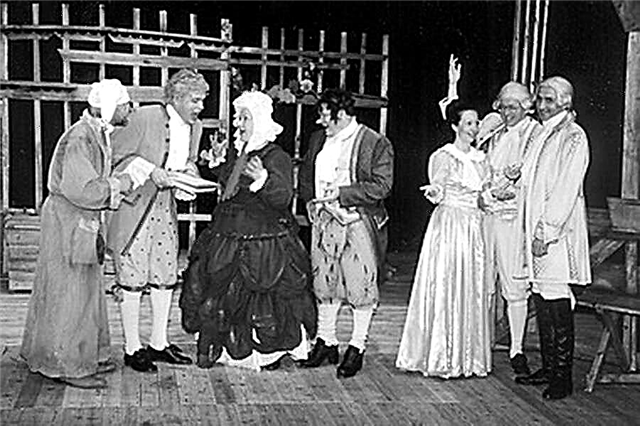
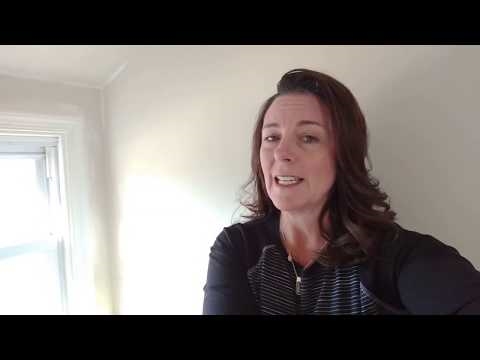
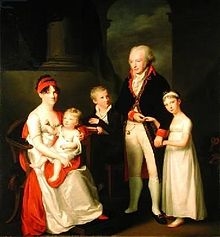
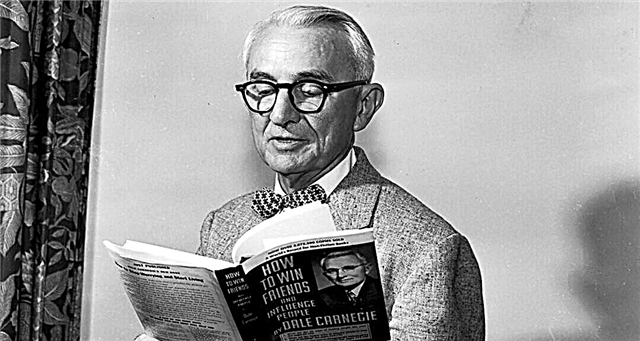 How to make friends
How to make friends